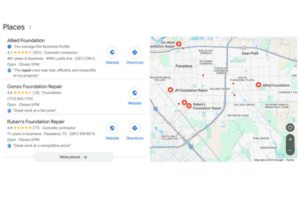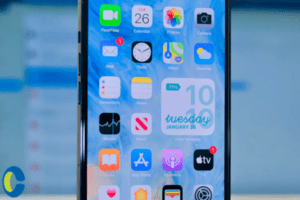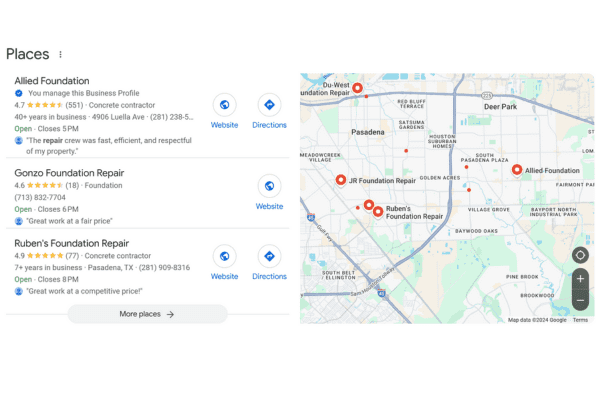In an age dominated by social media and email marketing, one might wonder if SMS marketing is still a viable strategy for small businesses. After all, it seems like most people prefer to communicate through apps like WhatsApp or Facebook Messenger. However, the reality is that SMS marketing remains a potent tool for small businesses, and in some cases, it’s more effective than ever. In this blog post, we’ll explore the reasons why SMS marketing is still a valuable asset for small businesses in the digital era.
1. High Open Rates
One of the most significant advantages of SMS marketing is its unparalleled open rate. According to industry statistics, text messages have an open rate of around 98%, while email marketing typically hovers around 20%. This means that your message is almost guaranteed to be seen by your target audience when using SMS. For small businesses with limited marketing budgets, this high open rate translates into a better return on investment (ROI) compared to other marketing channels.
2. Direct and Immediate Communication
SMS messages are short, direct, and immediate. When you send an SMS, it’s delivered to the recipient’s phone within seconds. This immediacy makes SMS marketing ideal for time-sensitive promotions, flash sales, or urgent updates. Small businesses can quickly reach their customers with important information, leading to faster responses and increased engagement.
3. Wider Reach
While social media platforms and email require users to have internet access, SMS marketing doesn’t depend on an internet connection. This means you can reach a broader audience, including those in areas with limited connectivity. Small businesses with diverse customer bases can benefit from this inclusivity.
4. Personalization and Targeting
SMS marketing platforms allow you to segment your audience and send personalized messages. By analyzing customer data and preferences, you can craft messages that resonate with specific segments of your customer base. Personalization fosters a sense of connection, making customers more likely to engage with your business.
5. Opt-In and Consent
SMS marketing is permission-based. Customers must opt in to receive text messages from your business, ensuring that you’re reaching an audience genuinely interested in your products or services. This eliminates the risk of spamming and fosters a positive relationship with your customer base.
6. Cost-Effective
For small businesses with limited marketing budgets, SMS marketing is cost-effective. It requires minimal investment compared to traditional advertising methods like TV or radio ads. Additionally, the high open rates and precise targeting mean you get more value for your money.
7. Integration with Other Marketing Channels
SMS marketing can complement other marketing strategies. For example, you can include SMS opt-in options in your email campaigns or on your social media profiles. This integration creates a cohesive marketing ecosystem that enhances your brand’s reach and engagement.
8. Customer Engagement and Feedback
SMS marketing allows for two-way communication. Businesses can engage with customers by encouraging them to reply to messages, ask questions, or provide feedback. This real-time interaction builds trust and strengthens customer relationships.
9. Trackable Results
Most SMS marketing platforms offer analytics that allows you to track the performance of your campaigns. You can see open rates, click-through rates, and conversion rates, enabling you to refine your strategies for better results.
SMS marketing remains an effective tool for small businesses in today’s digital landscape. Its high open rates, direct communication, personalization options, and cost-effectiveness make it a valuable addition to any marketing strategy. When used wisely and in conjunction with other marketing channels, SMS marketing can help small businesses reach their target audience, engage customers, and drive growth.















